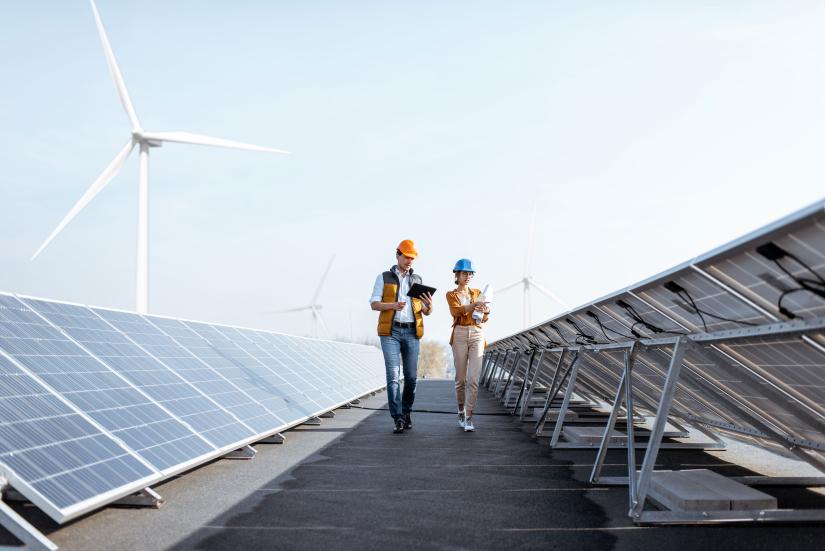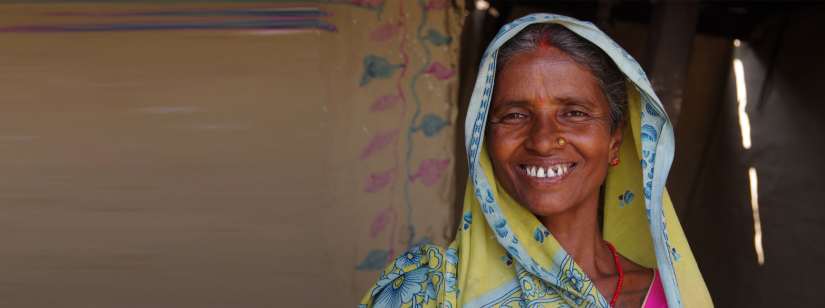Energy
100% Renewable Energy Scenarios and Modelling
- 100% renewable energy scenarios for regions and communities; stakeholder engagement with remote communities.
- Net-Zero pathways – Implementing theoretical pathways in real economy sectors; data management of energy and financial data for the finance industry.
- How can we build resilient energy systems (e.g., develop new metrics, create new tools and develop stress test scenarios for Australian energy systems to understand resilience, etc.)?
- The potential contribution of offshore wind to Australia’s renewable energy future.
- The economics of smart grids, batteries and demand management.
- Inter-optimisation of electricity, gas, and water infrastructure to accelerate the transition to a net-zero carbon economy.
- Explore the energy infrastructure implications if Australia were to become a major renewable energy exporter.
- How can we better understand stakeholder impacts of energy futures using advanced modelling techniques?
- How do we harness the power of spatial energy datasets to better understand energy demand and forecasts?
Customer Energy Innovation
- How will Electric Vehicles (EV) and other large scale transport electrification impact the electricity system?
- Flexible capacity and energy technologies in homes, including hardware, software, policy, regulation, standards and customer value proposition.
- Opportunities for energy upgrades in Australian homes
- Exploring pathways and obstacles to net zero precincts
- Business solutions for minimum demand flexibility.
Energy Jobs and Fairness
- Modelling demand for employment in the renewable energy transition.
- Investigating energy jobs and skills policy.
- Exploring the linkage between energy supply-chains, local provision and industry policy.
- First Nations and clean energy.
- What role does energy equity and fuel poverty play in an Australian context?
- How can developing countries with low electricity access leapfrog fossil fuels for 100% renewable energy access?
- What business models are needed to ensure positive community outcomes when looking at 100% renewable energy at the fringe of the grid?
- How can we incorporate carbon emissions from agriculture/food production into a carbon budget?
- How can we support regional innovation ecosystems to retain value locally and improve resilience co-benefits?
- How can grassroots community participation be embedded in clean energy business models to improve equity outcomes and social licence?
- What new institutional models are needed to optimise societal value creation in energy supply chains?
Supervisors Dr Ibrahim Ibrahim, Dr Chris Briggs, Dr Scott Dwyer
Duration 3.5 years
Scholarship amount $37,500/year + $9,500 to PhD students to cover costs during their degree
Eligibility Aus/NZ citizen or permanent resident visa holder (domestic student)
Application closing date 14 September 2023
Circle WASH
ISF is offering a PhD linked to the CIRCLE WASH research project. CIRCLE WASH investigates how circular economy ideas can drive inclusive, climate resilient water, sanitation and hygiene (WASH) services.
The research will be co-designed with the successful candidate. The candidate will have opportunity to travel and collaborate with an international team of experts in Australia, Vietnam and Kiribati.
Supervisors Dr Naomi Carrard, Prof. Juliet Willetts, Dr Jeremy Kohlitz
Duration 3.5 years
Scholarship amount $37,500/year + $9,500 to PhD students to cover costs during their degree. This project also includes a budget of $10,000 for travel and related field work.
Eligibility Aus/NZ citizen or permanent resident visa holder (domestic student)
Application closing date 14 September 2023


